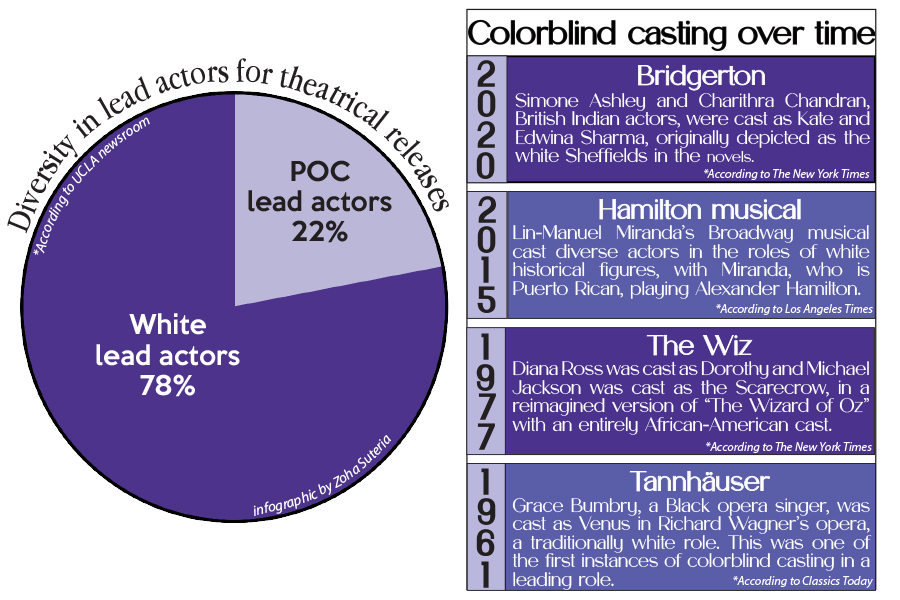The theater was over-crowded. The line was full of excited people carrying posters of their favorite stars and dressed up as the famed character. Was it another Lord of the Rings? It must be a Harry Potter release or the new Hunger Game film at the very least.
But there’s one problem.
The age of the audience ranges from 3 to 8.
As the movie starts, the hushed whispers persist. You can hear the kernels of popcorn get chewed and swallowed. There’s a kid who spilled his coke and is now crying. Someone got into a fight and there was more bickering to fill the supposed silence.
I knew coming here was a bad idea from the start.
But once the film began, something caught my attention as I watched DreamWorks’ How to Train Your Dragon. This was an animation movie, a movie for kids! It had none of the same qualities as live action movies, or did it?
Truth is animation movies aren’t just for little kids anymore.
First, the movie began with a low bass and quiet trumpets. The music was classical with a touch of the Viking heritage. It turned dramatic and adventurous. It had its twists and turns. Its melody was sweet and powerful. But the one thing that stood out was that this music was professional.
Live action movies were where the professionalism is at, not animation movies aimed at kids. It had the sophistication of a real composer, as dramatic as the tunes from Mission Impossible, and the maturity of a full-fledged film. According to IMDb, composer John Powell was later nominated for Best Original Score at the Oscars.
And it’s not just How to Train Your Dragon with professional music. In 2009, Disney’s Up won an Academy Award for Best Original Score, and Wall-E was also nominated for Best Original Score in 2008, according to IMDb. In other words, the music was just as good as it is in any live-action film.
As How to Train Your Dragon progressed, I was stupefied by the art. At times, I was unsure if I was still watching an animation film; the way the clouds moved, the fire in the background, the motions of hands all looked so real, yet they were just drawings.
And at the flying scenes? Boy, did I feel like I was flying. One critic even proposed that the 3D and flying scenes were better than the hit-movie Avatar that was known for its amazing graphics.
Big Hero 6 had another flying scene that was more than convincing. If I gave you two pictures, one of the actual sky and an animated one, you wouldn’t be able to tell the difference. The animators at both Dreamworks and Disney have managed to create animation that looks real.
Of course, you can have your art and your music, but that doesn’t make a film great. The movie was still so simple. It’s about a boy becoming friends with a dragon that lost its tail fin, and how they work together to restore the dragon’s ability to fly. But it quickly became evident that it was MORE than that.
It was a mature move that showed the realities of death and hardships. And it’s not just How to Train Your Dragon. Up opened its film with death, Wall-E involved a near fatal encounter, and the new Big Hero 6 dealt directly with grief from the loss of a loved one.
Animation movies were showing themes that parents did not want their children exposed to. Loss? Revenge? Death? No, thank you. Well, maybe it’s because animation movies aren’t just for kids.
















